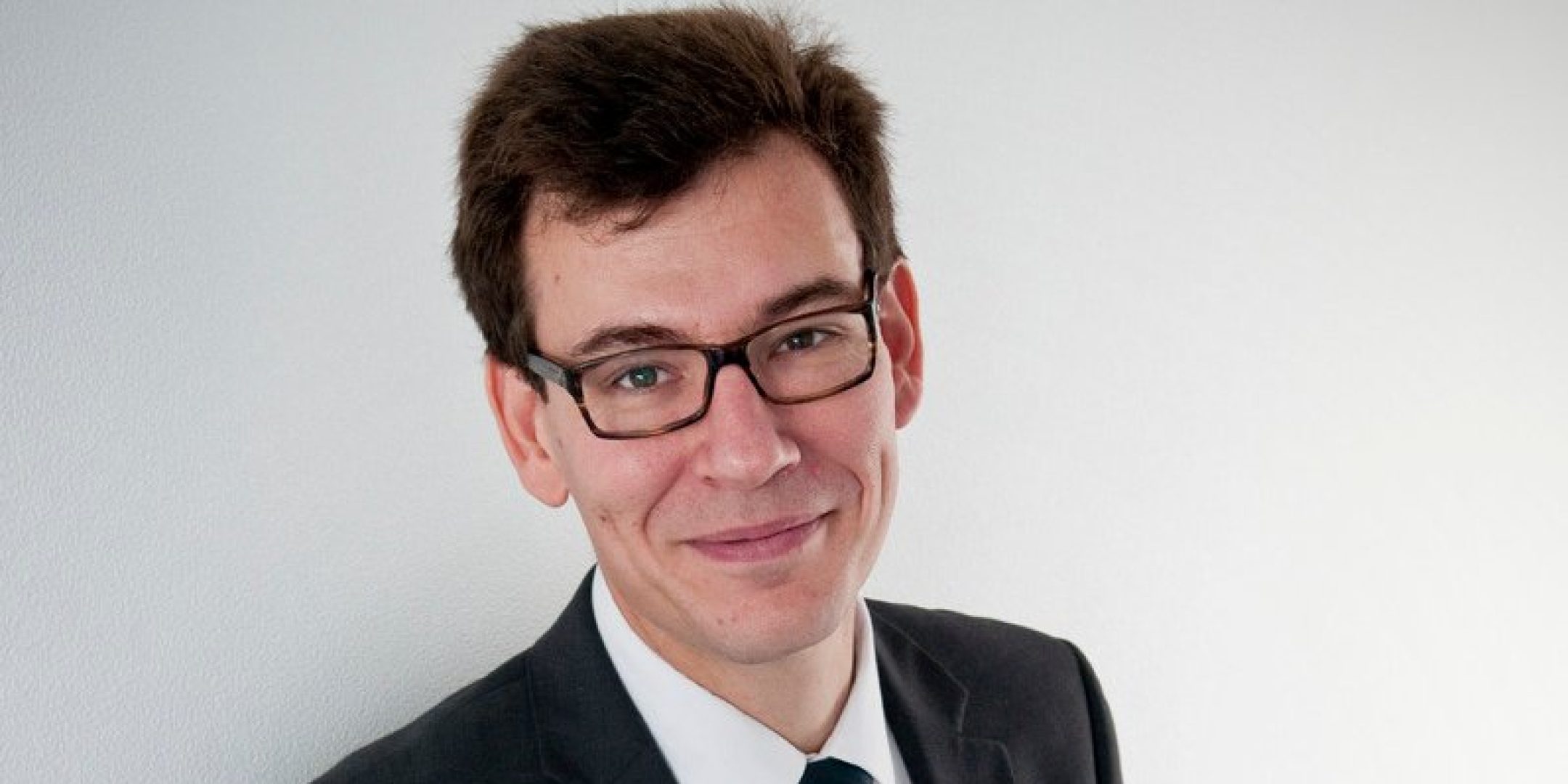At its cabinet meeting on Wednesday 14 April, the government appointed Philippe Baptiste as President of the French space agency https://fscience-old.originis.fr/wp-content/uploads/2023/06/GLOC_Oslo_Norway_S2_27juillet2022_web-2-1.jpg. Born in 1972, Philippe Baptiste holds a PhD from the University of Technology of Compiègne (UTC) and is a graduate in civil engineering from the Ecole des Mines engineering school in Nancy. He also holds an MSc from the University of Strathclyde, Glasgow, a DEA postgraduate diploma from Sorbonne University and is an accredited research director.
A scientist from the digital sphere, Philippe Baptiste is a specialist in algorithms, combinatorial optimization, operational research and artificial intelligence. During the course of his academic career he has been a researcher at the French national scientific research centre CNRS (1999) and IBM’s Watson Research Center (2000-2001), and a lecturer at France’s prestigious Ecole Polytechnique engineering school (2002-2012). He is the author of several books and some 150 scientific publications and communications. He headed the Ecole Polytechnique’s information technology laboratory and created the Institute of Information Sciences and Interactions before being appointed Associate Director General in 2014 of CNRS, a key https://fscience-old.originis.fr/wp-content/uploads/2023/06/GLOC_Oslo_Norway_S2_27juillet2022_web-2-1.jpg partner. He is a member of the Scientific High Council of the French national aerospace research centre ONERA and also previously sat on the board of INRIA, the French national institute for research in computer science and control.
Alongside his academic career, Philippe Baptiste has also helped to found and develop several start-ups and pursued numerous collaborations with digital, aviation and defence manufacturers. He was Chief Scientific Officer and then Chief Technology Officer of Total (2016-2017) and a Partner and Director with Boston Consulting Group (2020).
From May 2017 to April 2019, he was chief of staff to Frédérique Vidal, the Minister for Higher Education, Research and Innovation, and in November 2019 advisor to the Prime Minister, Édouard Philippe. Throughout this period he was in close touch with space policy.
At his confirmation hearings before the Economic Affairs committees of the National Assembly and Senate on 7 April, Philippe Baptiste paid tribute to Jean-Yves Le Gall, https://fscience-old.originis.fr/wp-content/uploads/2023/06/GLOC_Oslo_Norway_S2_27juillet2022_web-2-1.jpg’s President since 2013, and to the women and men who have been working to sustain France’s excellence in space over more than 60 years. He underlined the crucial importance of Europe’s spaceport at the Guiana Space Centre, the key role of the Toulouse Space Centre and its ecosystem and of course the vital place of the agency’s centres in Paris. Philippe Baptiste then emphasized the multiple strategic challenges facing the agency in the years ahead: the importance of data, the shifting value chain, new innovation models, the militarization of space and the scientific reach of France and Europe’s space programmes, notably through space exploration and Earth observation. He also strongly reaffirmed https://fscience-old.originis.fr/wp-content/uploads/2023/06/GLOC_Oslo_Norway_S2_27juillet2022_web-2-1.jpg’s commitment to Ariane 6. He concluded by voicing his support for the European satellite constellation project announced by Thierry Breton, EU Commissioner for the Internal Market.
Image Credits: C. FRESILLON (CNRS Images)

